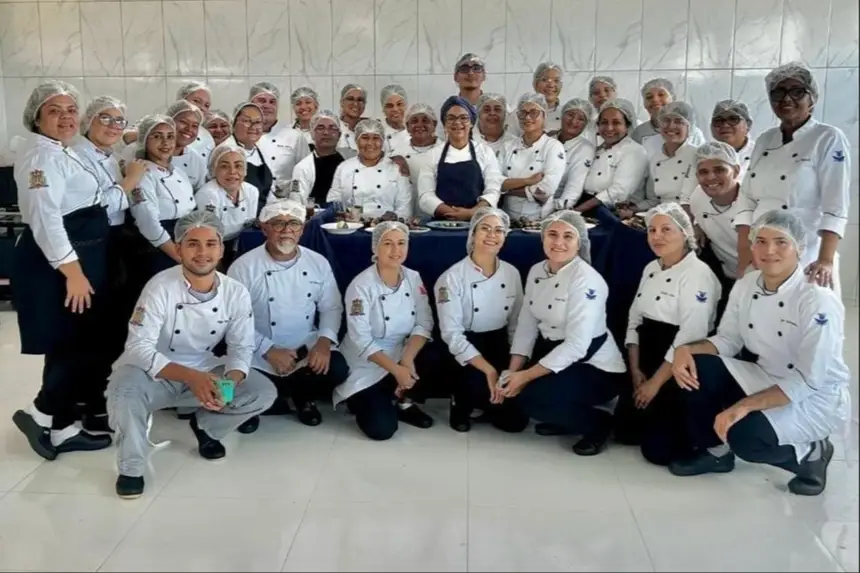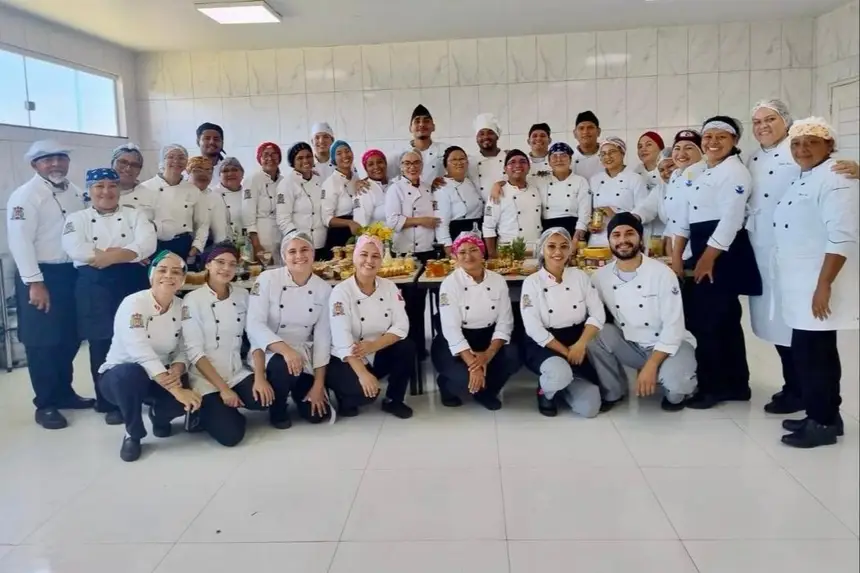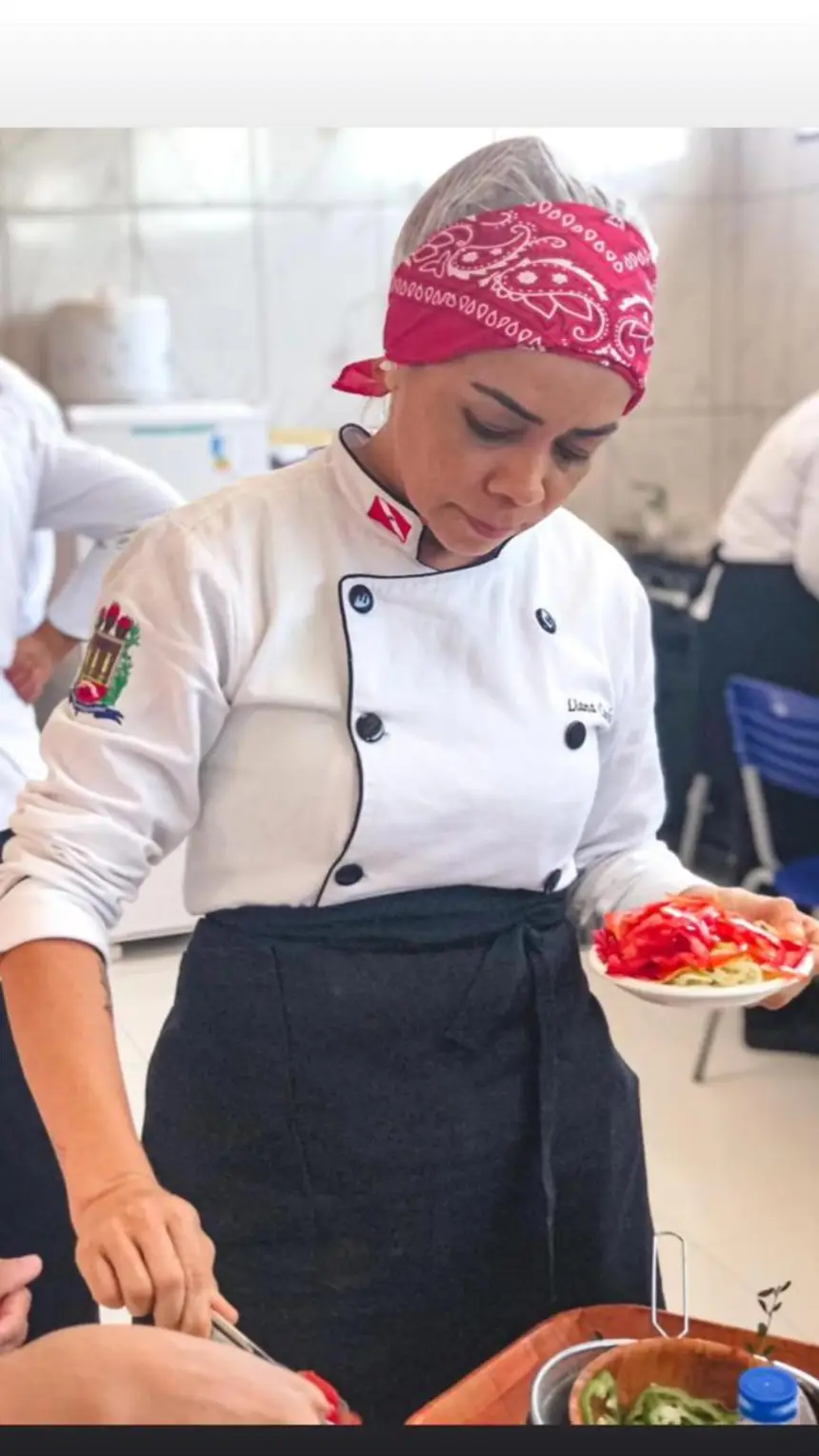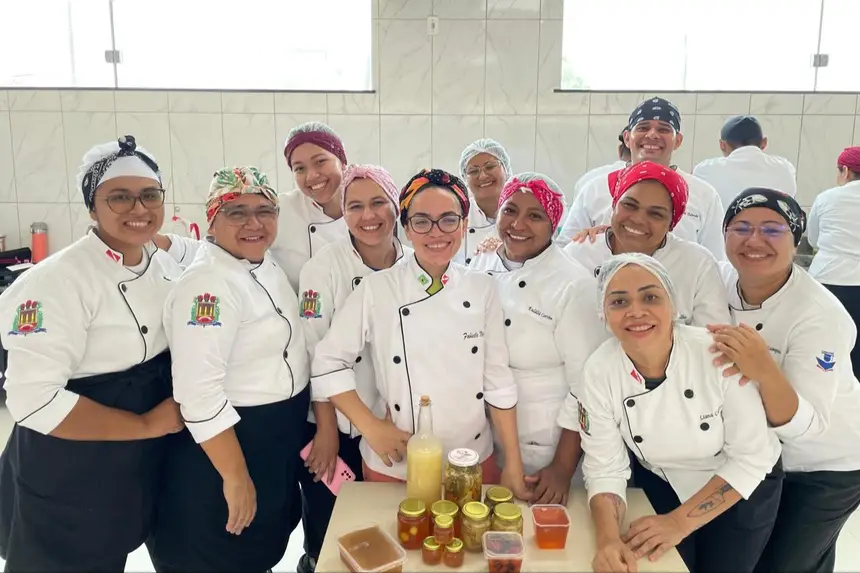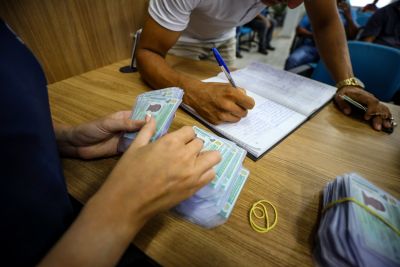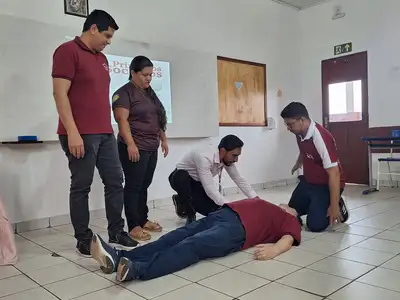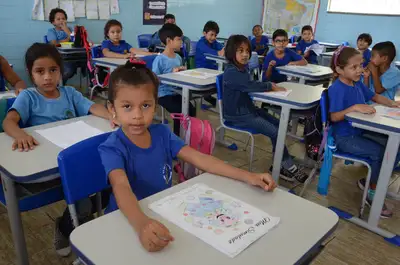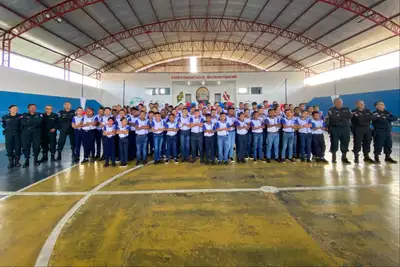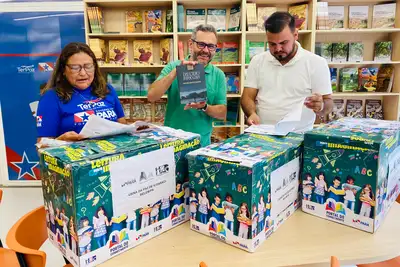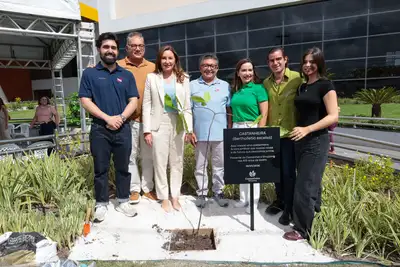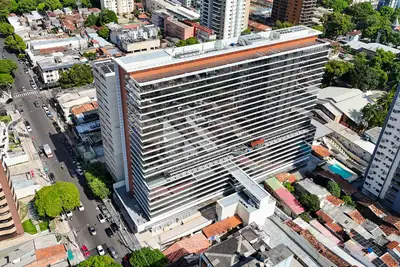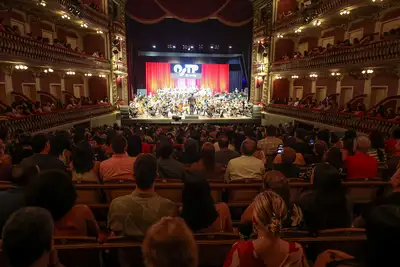From the Kitchen to the Classroom, Pará Cuisine Reinforces Traditions and Regional Identity
With the Gastronomy Technology course offered by Uepa and 'Forma Pará', professionals are trained to enhance the potential of Amazonian flavors
Recognized as one of the most authentic in Brazil, Pará cuisine stands out for its regional ingredients, intoxicating aromas, and, above all, unique flavors. Characteristics that transcend the boundaries of the kitchen and reach the classrooms, transforming everyday dishes into sensory experiences at the table.
In order to professionalize such a promising area, the Government of Pará invests in specific training through the Gastronomy Technology course offered by the State University of Pará (Uepa), and in special programs that enhance this segment of Pará culture as a strategic element for promoting tourism and regional development.
Gastronomy professor Vanderson Dantas explains that the construction of the course was articulated by university management, with rector Clay Chagas, faculty, researchers, and representatives of civil society.
Knowledge - “The course became the first to be offered by a public university in the Northern Region, opening doors for students who often do not have the financial resources to afford a private degree. Since its implementation, the course has already graduated three classes and currently has two active classes. Students develop projects that combine culinary practice, research, sustainability, and the promotion of local food culture, contributing to social transformation through gastronomy,” explains the professor.
Structured to train technologists in the field, who recognize the richness and diversity of regional flavors, the course also values food culture with the subject “Amazonian Gastronomy,” in which, adds Vanderson Dantas, “students deepen their knowledge about native ingredients, traditional preparation methods, and the history of the dishes that make up Pará's food identity.”
"Forma Pará" - Liane Cunha, a resident of Salinopólis in northeastern Pará, graduated in Gastronomy from the class offered in the municipality by the Forma Pará Program, executed by the State Secretariat of Science, Technology, Higher, Professional and Technological Education (Sectet). With a family background in the area - her mother works in the food sector - Liane says that gastronomy chose her. She recounts that she started working selling sandwiches, and then “the opportunity arose to take the state exam (Seduc). I did it and passed to become a school lunch lady.” Liane balanced her public servant duties with her entrepreneurial activities.
Liane adds that, “when I entered the Gastronomy course, I already had some experience, but I learned that you can even have the recipe, but if you don’t have the technique, nothing comes out perfect. Gastronomy is a science. The Forma Pará Program, the university, and the coordinators were a turning point for 35 people here in the municipality. Today, I still sell pastries in the square, but after the course, I am also working at gastronomic events, providing coffee breaks, buffets, etc.”
Intangible Heritage - In the assessment of Professor Vanderson Dantas, the course promotes direct contact with professionals in the field. According to him, “this immersion in the territory and communities reinforces the critical and sensitive training of future professionals, enabling them to act ethically, innovatively, and committed to the sustainable and cultural development of the region. Thus, the course not only qualifies students for the job market but also contributes to the appreciation, safeguarding, and dissemination of Pará cuisine as an intangible heritage of the Amazon.”
The Gastronomy course is offered in Canaã dos Carajás, in southeastern Pará, through an agreement between Uepa and the municipality's City Hall. The partnership also offers classes in Physiotherapy, Biomedicine, and Trilingual Executive Secretarial. The municipality has a diverse population formation, resulting from the migratory flow of people from other regions of Brazil, due to the existing mining and agribusiness opportunities in the southeastern part of the state. Consequently, they end up in a new cultural and food environment.
For these reasons, explains Professor Vanderson Dantas, students in the Gastronomy course in Canaã find the traditional Pará palate strange. “They are strong flavors, with very specific techniques and ingredients that, for those who were not born or raised immersed in this tradition, may seem exotic or strange at first contact. However, this strangeness is usually overcome throughout the course, as students have the opportunity to learn more deeply about the history, native ingredients, traditional techniques, and the symbolism of Pará cuisine. Many come to appreciate, and even take pride in this identity, especially when they realize the cultural richness and gastronomic potential of the region,” adds the professor.
He also emphasizes that “this discovery process is also a very positive aspect of the course, as it allows for a re-signification of local food identity and trains professionals who are aware of the importance of preserving and valuing Amazonian knowledge and flavors.”


